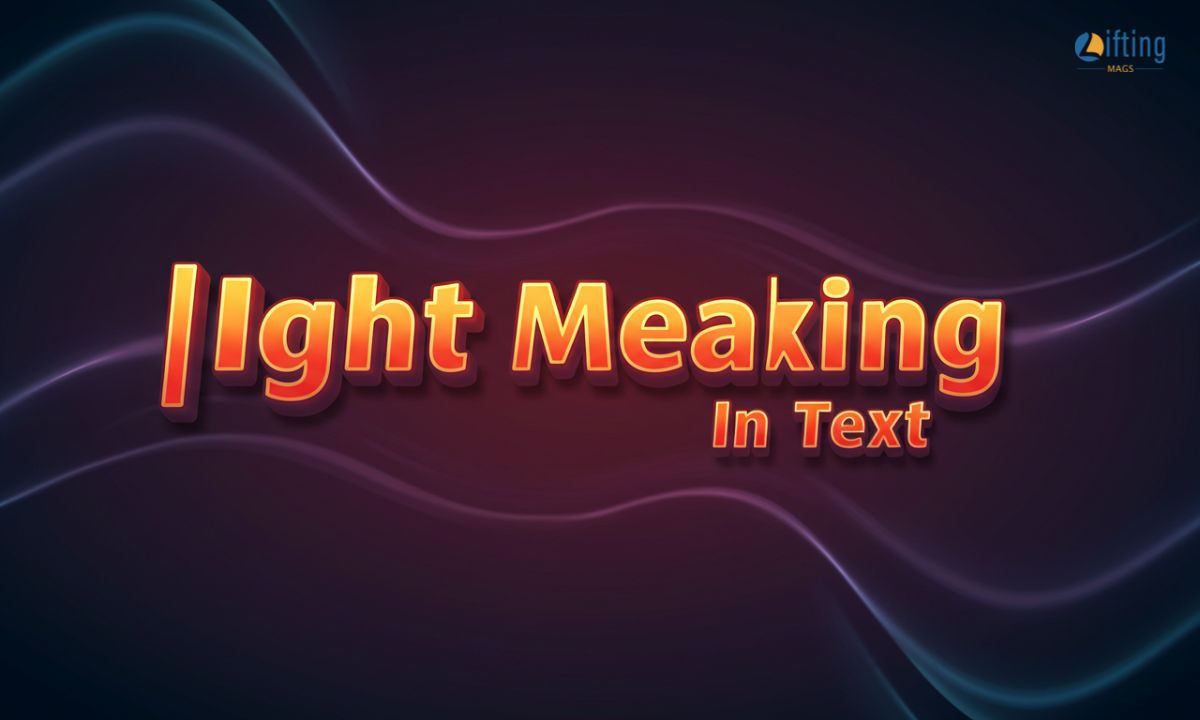You get a text: “Movie at 8, ight?” You quickly reply, “ight.” But then, a flicker of doubt. Did that sound too casual? Was it dismissive? Did they even understand your agreement?
If this feels familiar, you’ve just bumped into the nuanced world of modern internet slang. “Ight” is far more than a simple abbreviation; it’s a linguistic artifact with a rich cultural history, specific unspoken rules, and a tone that is entirely dependent on context. It’s the difference between a friendly nod and a dismissive shrug, all packed into four letters.
This guide will unpack everything you need to know about “ight”—from its respectful origins to its pragmatic use in your DMs, gaming chats, and casual conversations. You’ll learn not just what it means, but how to wield it with the confidence of a native speaker.
What Does ‘Ight’ Actually Mean? A Semantic Breakdown
At its most basic level, ‘ight’ is a casual, phonetic shorthand for “alright.” It’s the written evolution of how the word is often spoken in fast, informal conversation. But meaning in language is rarely just about dictionary definitions; it’s about use.
Linguists would argue that the pragmatic meaning of “ight”—its actual purpose in a conversation—is what truly defines it. It primarily serves three functions:
- To Express Agreement: “Ight, let’s do it.” (Translation: “Alright, I agree with that plan.”)
- To Signal Acknowledgement: “Ight, I got the address.” (Translation: “Alright, I have received and understood that information.”)
- To Convey Acceptance: “Ight, if that’s what we’re doing.” (Translation: “Alright, I accept this situation, even if I’m not thrilled about it.”)
The tone is generally neutral-to-friendly, carrying a laid-back, efficient vibe. It’s the cooler, more succinct successor to “OK” for digital communication.
The History & Etymology of ‘Ight’: From AAVE to Global Slang
To understand “ight” fully, you have to appreciate its roots. This isn’t just a “fun fact”; it’s a crucial piece of linguistic history.
‘Ight’ originated in African American Vernacular English (AAVE), a rich and systematic dialect with its own grammatical rules and phonological patterns. AAVE has long been a powerhouse of innovation in American English, giving mainstream slang everything from “cool” and “hip” to “bae” and “lit.” The term “aight” (and later “ight”) emerged as a natural phonetic contraction of “alright,” a common feature in spoken language everywhere.
Its path to global adoption was paved by two major cultural forces:
- Hip-Hop Culture: Starting in the 1980s and 1990s, hip-hop artists used “aight” relentlessly in lyrics and interviews. It became a signature marker of casual, authentic speech, broadcast to a massive audience. As hip-hop became the dominant global music genre, its language traveled with it.
- The Internet and Social Media: Early internet chat rooms, message boards (like Black Planet and AOL Instant Messenger), and later, platforms like Twitter and Facebook, demanded brevity. “Ight” was perfect—it was quick to type and carried a specific cultural coolness. It spread from its origins to become a staple of digital communication for millions.
This journey from a specific cultural dialect to mainstream internet slang is a classic example of how language evolves, especially in the digital age.
How to Use ‘Ight’: A Guide to Contextual Pragmatics
Knowing the meaning is one thing; knowing how to use it effectively is another. The appropriateness of “ight” is almost entirely dependent on context.
Digital Communication: The Natural Habitat of ‘Ight’
- Texting: This is its home turf. It’s perfect for quick confirmations and low-stakes planning with friends.
- Example: “Ight, I’ll pick you up at 8.”
- Example: “Ight, cool. See you then.”
- Social Media (Twitter, Instagram DMs): Used in comments and replies to express agreement or acknowledgment.
- Example: Comment: “This new album is fire.” Reply: “Ight, I gotta listen.”
- Example: DM: “We’re all meeting at downtown gate.” Reply: “Ight, omw.”
- Gaming Communities: In the fast-paced world of online multiplayer games, efficiency is key. “Ight” is the ultimate tool for quick team coordination.
- Example: (Teammate): “Let’s push mid.” (You): “Ight, I’m with you.”
The “Period” Problem: How Punctuation Changes Meaning
A crucial, often-overlooked nuance of digital slang is punctuation. In formal writing, a period simply ends a sentence. In texting, it can signify seriousness, finality, or even annoyance.
- “Ight” → Neutral, casual, open-ended.
- “Ight.” → Can feel cold, definitive, or dismissive. The period adds a weight of finality that can be interpreted as irritation.
The safest bet? Omit the period unless you’re intentionally trying to convey that sharper tone.
How Not to Use It: The Professional Verdict
This cannot be stressed enough: Avoid using “ight” in professional or formal settings.
- ❌ Emails to your boss or clients: Use “Alright,” “Okay,” or “Sounds good.”
- ❌ Formal presentations or academic papers: This is not the place for slang.
- ❌ Communicating with someone who is not a peer or close colleague: When in doubt, use the more formal alternative.
The exception might be a very informal internal Slack or Teams message with a coworker you’re friendly with, but the rule of thumb is to err on the side of caution.
Beyond ‘Ight’: Comparing the Modern Lexicon of Agreement
“Ight” doesn’t exist in a vacuum. It’s part of a whole ecosystem of slang terms used to express agreement. Understanding the subtle differences is key to fluent digital communication.
| Term | Meaning | Nuance & Tone | Best For |
|---|---|---|---|
| Ight | Alright | Neutral, casual, efficient | All-purpose informal agreement and acknowledgment. |
| Aight | Alright | Same as ‘ight’, but feels more spoken or slightly dated. | Representing casual speech; often used in a nostalgic or stylistic way. |
| Bet | Sure, “you can count on it” | Confident, enthusiastic, committing. | Confirming plans with certainty. “We on for tomorrow?” “Bet.” |
| Ok / K | Okay | Neutral, universal, can be passive. | Semi-formal and informal settings. “K” can be seen as short or angry. |
| Sure | Yes | Polite, can sometimes imply hesitation or reluctance. | When “yes” feels too strong or when you’re mildly agreeing. |
| Word | I agree / I hear you | Acknowledgment, can feel dated but is still used. | Specific cultural contexts; a classic hip-hop affirmation. |
| Fasho | For sure | Confident, enthusiastic, originating from Southern and AAVE slang. | Strong agreement, similar to “bet” but with a different regional flavor. |
Navigating the Nuances: Is ‘Ight’ Rude? And Other Misconceptions
This is the most common question surrounding the term, and the answer is: It’s all about context and delivery.
When “Ight” is PERFECTLY FINE:
- “Ight, see you then!” 😊
- “Ight, that works for me.”
- “Ight, cool.”
When “Ight” can be perceived as RUDE or DISMISSIVE:
- “Ight.” (Standalone, with a period)
- “Ight, whatever.” (The addition of “whatever” almost always signals annoyance)
- Responding with just “ight” to a long, emotional message. (This is a failure to match the emotional energy of the conversation)
The key is to mirror the tone of the conversation. If someone is excited and sending long messages, a bare “ight” will fall flat. If the conversation is purely logistical, it’s ideal.
How to Respond to ‘Ight’ (With Real-World Examples)
Your response should be dictated by the context of the conversation.
- The Echo (The Standard Reply):
- Them: “Ight, see you at 8.”
- You: “Ight, cool.”
- The Enthusiastic Confirmation:
- Them: “We got tickets to the show, ight?”
- You: “Ight, bet! So hyped.”
- The Action-Oriented:
- Them: “Ight, I’m outside.”
- You: “Ight, coming down now.”
- Shifting Gears (When details are needed):
- Them: “Ight, the plan is a go.”
- You: “Ight. What’s the address?” or “Ight. Send me the link.”
‘Ight’ in the Wild: Dating Apps and Professional Life
On Dating Apps (Tinder, Bumble)
On dating apps, the goal is to be engaging. “Ight” is a double-edged sword.
- Pro: It can keep the vibe light and casual, which is often the goal in early stages.
- Example: Match: “You free to grab a drink tomorrow?” You: “Ight, I’m down.”
- Con: It risks seeming low-effort or disinterested. If you’re trying to build rapport, a more engaged response is almost always better.
- Better than “Ight”: “Sure, that sounds great! What part of town were you thinking?”
The Professional Verdict (Reiterated)
We said it before, but it’s worth repeating: Keep “ight” out of the workplace. Your professional reputation is built on perceived competence and reliability. Using internet slang in emails to your manager or clients can undermine that. Always default to standard English.
Frequently Asked Questions (FAQs)
Q: What’s the real difference between ‘ight’ and ‘aight’?
A: They are functionally identical in meaning. ‘Ight’ is more common in pure text-based communication, while ‘aight’ often more closely represents the spoken pronunciation. You can use them interchangeably.
Q: Can I use ‘ight’ with my parents?
A: It depends entirely on your parents! If they’re fluent in modern slang, go for it. If they’re more likely to respond with “What does ‘ight’ mean? Is that a new word?”, then you should probably stick with “alright” or “okay.”
Q: Do people still use ‘ight’? Isn’t it outdated?
A: Absolutely. While its peak might have been in the early 2000s, it’s not a passing fad. It has solidified itself as a standard part of the digital slang lexicon. It’s not going anywhere anytime soon.
Q: Is it exclusively American slang?
A: While it originated in the U.S., its use has spread globally through music, film, and the internet. However, other English-speaking regions have their own equivalents. In the UK, for example, you’re more likely to hear “sound” or “safe” used in a similar way.
Conclusion: Mastering the Art of the Casual Agreement
“Ight” is a powerful little word. It’s a testament to the creativity and efficiency of language, especially how it evolves in digital spaces. It压缩 distance, conveys tone, and builds rapport—when used correctly.
Mastering it isn’t about memorizing a definition. It’s about understanding its history (respecting its AAVE roots), its pragmatics (knowing when and how to use it), and its nuances (how punctuation and context change its meaning).
So go ahead. Drop an “ight” in your next group chat or casual text. Now you can do so with the confidence of someone who isn’t just using slang, but understanding it.

